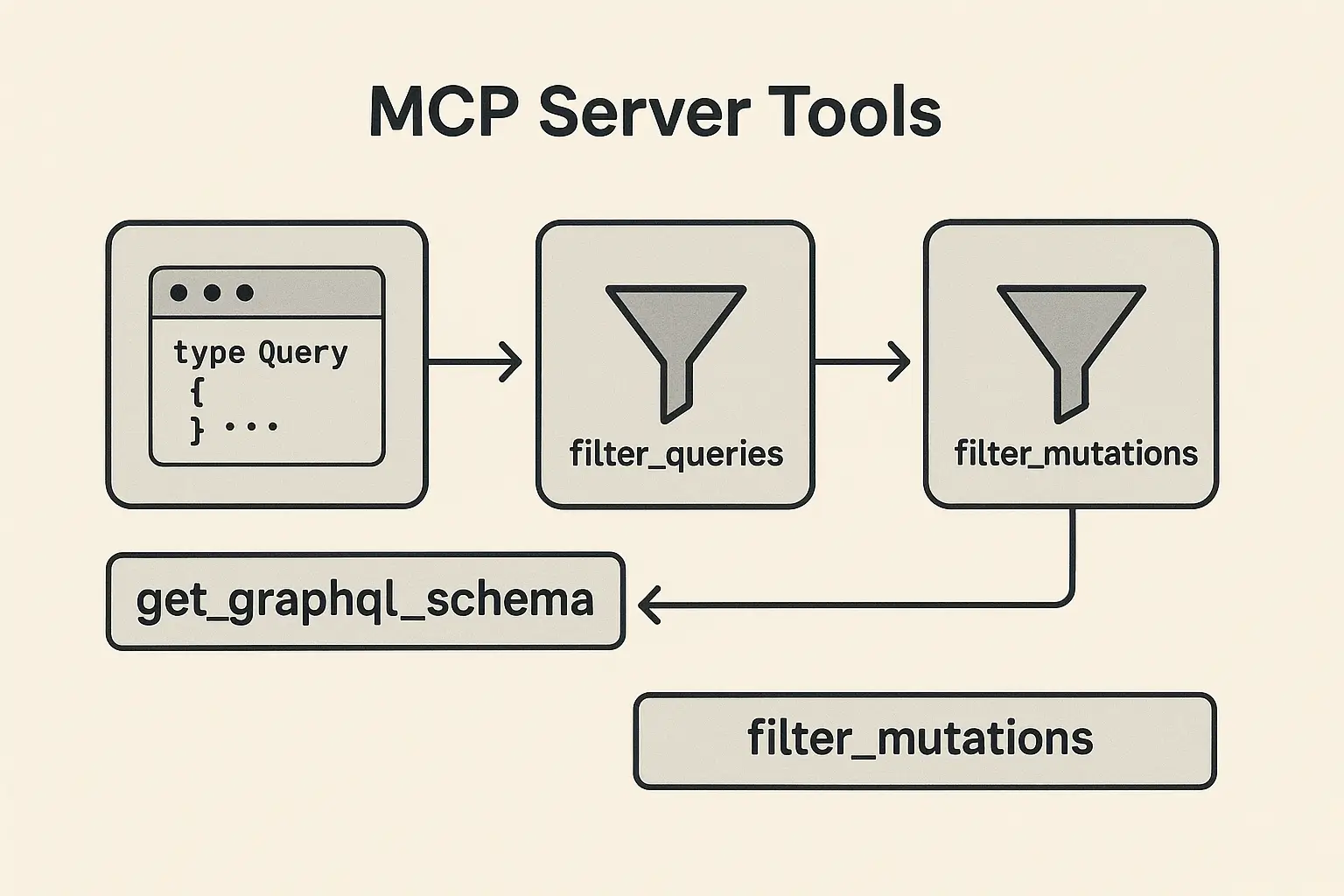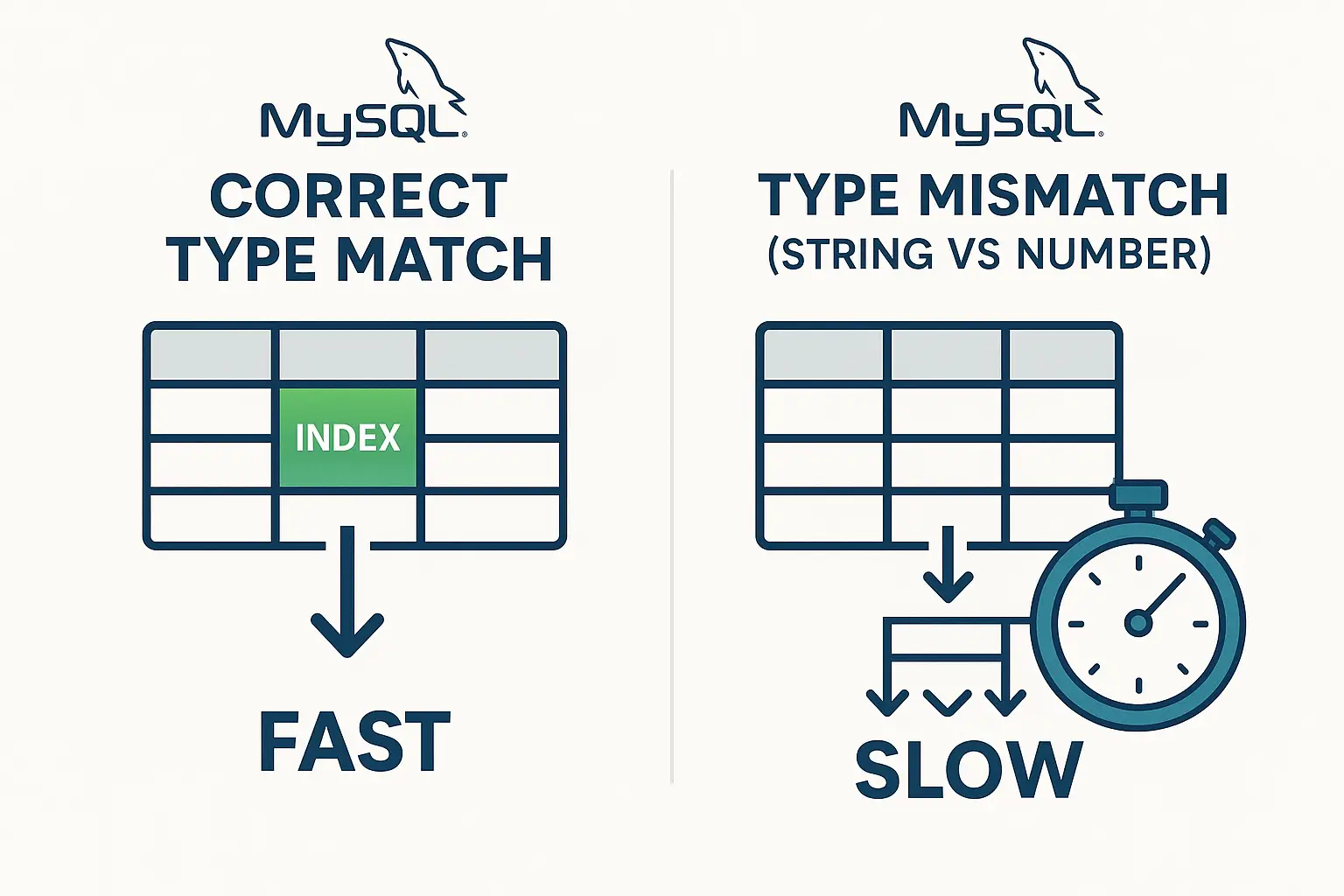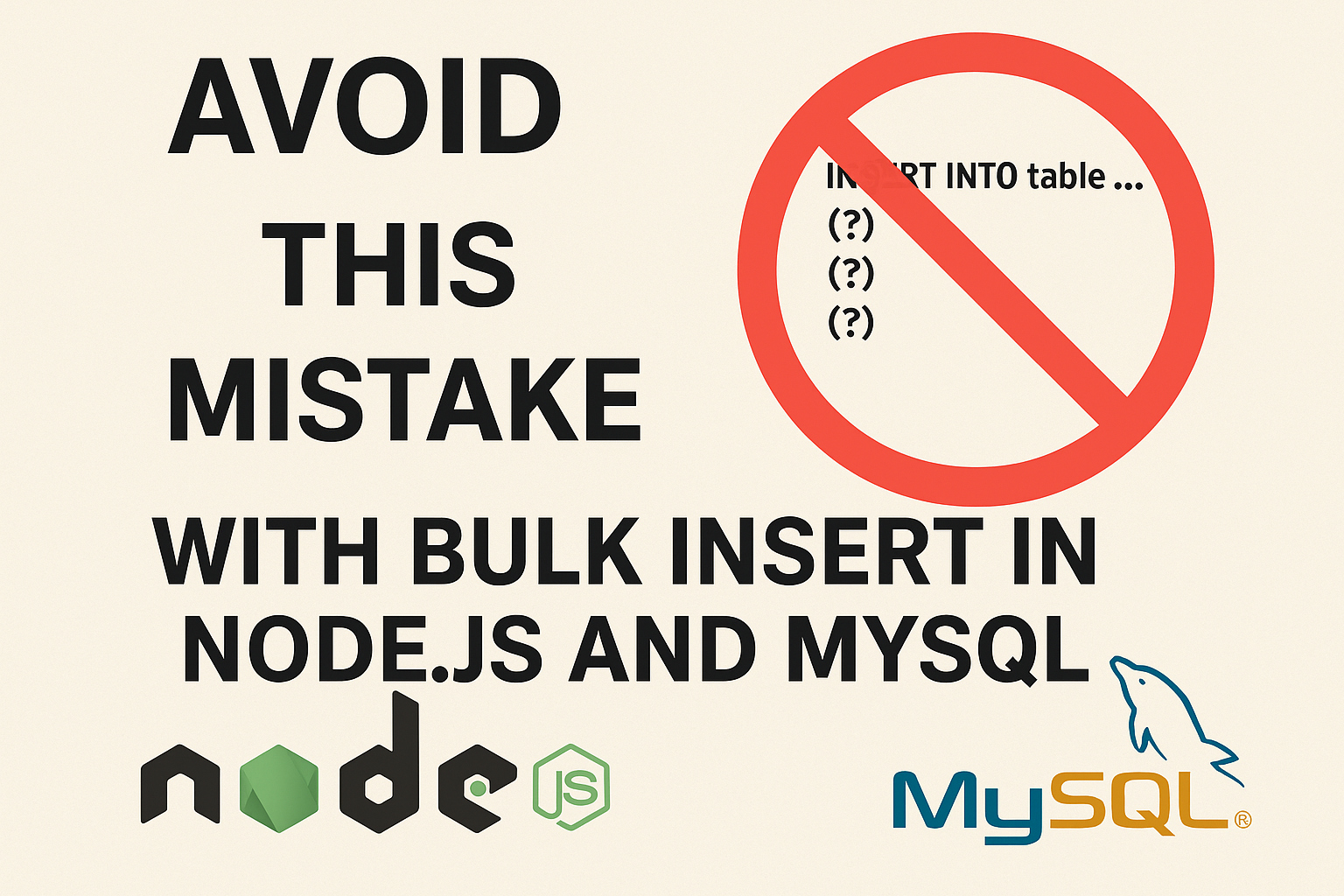How to get `previous` and `next` record in PostgreSQL/ MySQL with LAG and LEAD function
1 bài toán cơ bản, nhỏ nhỏ lúc làm việc thôi.
Đề bài là: Tìm record tiếp theo và record trước.
Database dùng UUID vẫn có thể sử dụng được.
1. LAG
LAG(expr [, N[, default]])
Hàm trả về giá trị của n hàng trước kể từ row hiện tại, nếu không tồn tại hàng đó thì trả về giá trị default. Trường hợp để trống N & default thì mặc định N = 1 và default = NULL.
2. LEAD
LEAD(expr [, N[, default]])
Tương tự như hàm LAG nhưng là trả về giá trị của hàng sau tính từ row hiện tại.
# return Array [current_id, prev_id, next_id]
def current_prev_next
sql = "select *
from (
select id, created_at,
lag(id) over (order by created_at asc, updated_at asc, id asc) as prev,
lead(id) over (order by created_at asc, updated_at asc, id asc) as next
from #{self.class.table_name}
) x
where id = '#{id}';"
ActiveRecord::Base.connection.execute(sql).try(:first)
end
Bonus thêm 1 câu Arel nữa 🙂
The COALESCE() function returns the first non-null value in a list.
# return ActiveRecord::Collection
def next_post
Post.where('COALESCE(public_published_at, publish_at) >= ? AND publish_at <= ?', published_at, Time.current).where.not(id: id).reorder(Arel.sql('COALESCE(public_published_at, publish_at) ASC')).limit(1).first
end
# return ActiveRecord::Collection
def previous_post
previous_post_time = published_at ? published_at : @object.created_at
Post.where('COALESCE(public_published_at, publish_at) < ? AND publish_at <= ?', previous_post_time, Time.current).where.not(id: id).reorder(Arel.sql('COALESCE(public_published_at, publish_at) DESC')).limit(1).first
end




